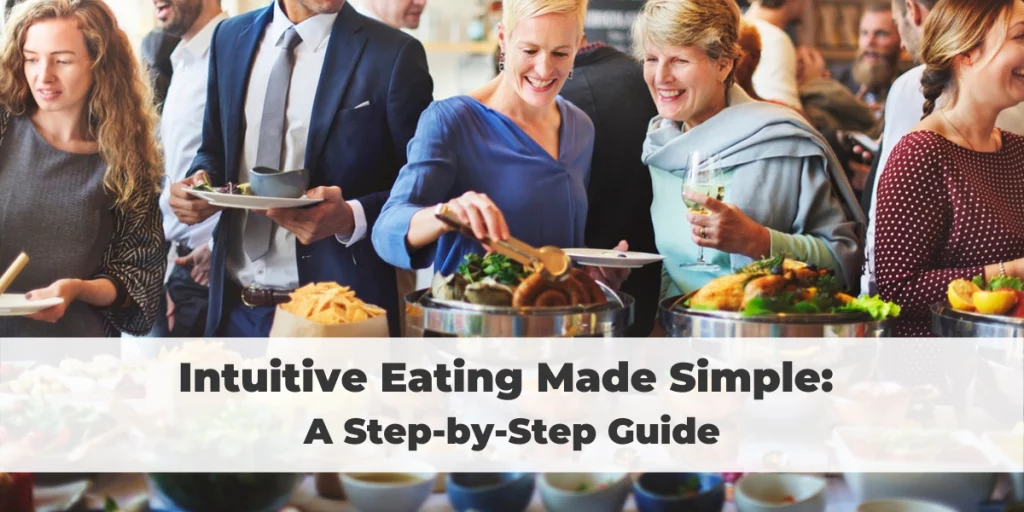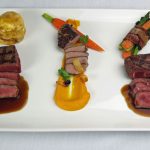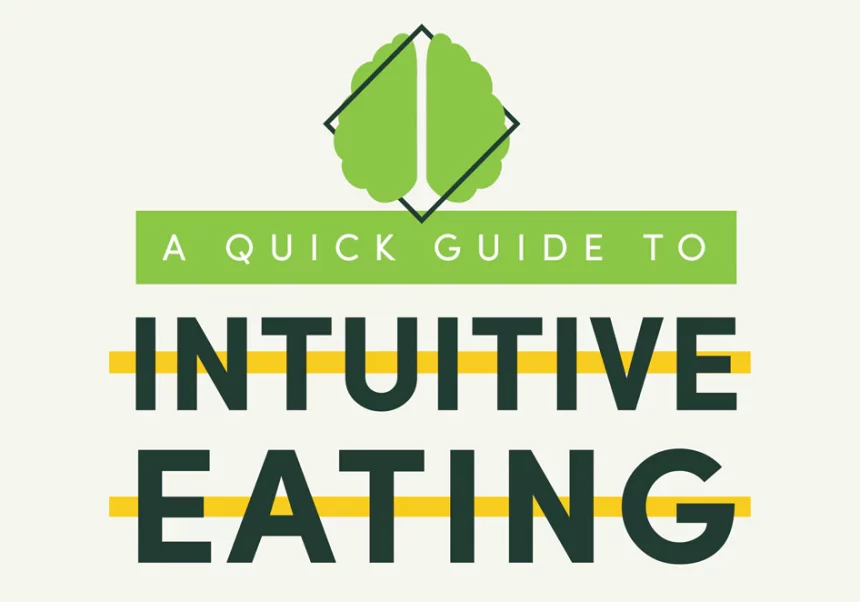Natural nutrition is a philosophy of eating that makes you an expert on your body and appetite. It’s basically the opposite of a traditional dish. There are no standards for what to avoid or when to eat.
Let them know that you are the best person to make these decisions. This article is a step-by-step guide to healthy eating for beginners.
Medicine
Natural nutrition is a style of eating that promotes a healthy attitude towards food and nature. The idea is to eat when you are hungry and then stop when you are full. The system should be easy to use. But for many, it is not. If you rely on cookbooks and so-called experts to tell you what, when and how to eat you lose faith in your body and your instincts. You can learn to eat instinctively and trust your body again.
PHYSICAL HUNGER This biological stimulus stimulates satiety. It develops slowly, causing symptoms such as diarrhea, fatigue, and irritability. Eat whatever you want. Emotional Starvation Emotional starvation causes sadness, loneliness and exhaustion because of the emotions that trigger it. And eating leads to guilt and self-loathing.
Food news is easy to use
Evelyn Trebul and Alice Resch coined the term intuitive eating in 1995 as a book title. However, this idea comes from previous ideas. Early pioneers include Susie Oerbach, who published “Fat a Feminist Affair” in 1978, and Janine Roth, who has been writing about emotional food since 1982.
Before that, Thelma Weller created a weight management program called Green Mountain in 1973 in Fox Run, Vermont. The program is based on the principle that food doesn’t work. Lifestyle changes and self-care are important for long-term health.
Ten main principles
In their book on instinctive eating, Tripole and Rech list ten basic philosophies.

-
Avoid the idea of food
Nutritional thinking is a way of thinking about what foods are best for you. Natural foods are resistant to fasting.
-
Respect interest
Hunger is not your enemy. Treat the early symptoms of constipation by providing your body with food. Excessive hunger can lead to overeating.
-
Make peace with food
Make peace with food. Avoid thinking about what to eat and what not to eat.
-
Food Law Challenge
The food is neither good nor bad. And what is eaten or not eaten is not good or bad. Challenge the thinking that says no.
-
Glorious satisfaction
Like your body tells you when you’re hungry. You can also tell when you are full. When you are full, listen for signs that make you feel full. When you eat, check the taste of your food and whether you are hungry or full.
-
Measure satisfaction
Make the dining experience fun, eat good food, sit down and eat. If you make eating fun, you may find that you eat less to feel full.
-
Respect feelings without eating
Emotional eating is an emotional coping strategy. Deal with your emotions in ways other than taking a walk, meditating, journaling, or calling a friend to eat.
-
Respect the body
Instead of judging how the body was or what was wrong. Realize that your body is strong and beautiful just the way it is.
-
Action – Feel the difference
Find ways to move your body in fun ways. Shift the focus from weight loss to exercise, strength and energy.
-
Respect health – soft food
The food you eat should taste good and bring happiness.
Remember that overall eating habits define health. Food or food is neither useful nor harmful to health.
Benefits of research
Research on this topic is growing. mainly aimed at women
- Research to date has linked instinctive eating to healthy behaviors. Body mass index (BMI) reduction and weight maintenance but no weight loss.
- One of the main benefits of intuitive eating is improving mental health.
- Participants in the intuitive eating experiment improved their self-esteem. Body shape and overall quality of life with reduction in depression and anxiety.
- The instinctive eating intervention also improved retention rates. This means that dieters were more likely to stick to the program and practice behavior modification.
- Other studies looked at women’s eating habits and attitudes. It was found that people with binge symptoms had disordered eating behavior.
How do you get started?
Consider eating habits and behaviors without judgment. Ask yourself if you are physically or mentally hungry when you eat.
When it comes to physical hunger, try rating your level of hunger/fullness on a scale of 1-10 from very hungry to full. Make sure you eat when you are hungry but not starving, stop when you are full – when you are not full.
Learn more from the background of experts in the field:
- The book Intuitive Eating by Evelyn Trebul and Alice Resh is the best-selling book that has made intuitive eating mainstream. It was first released in 1995 but is still popular.
- Evelyn Triball has more about instinctive eating on her website.
- Janine Roth’s site contains helpful articles and videos. and links to online courses
- Allyn Setter of the Allyn Setter Institute promotes a concept known as instinctive eating, which encompasses several principles involved in instinctive eating.
- You can also find nutritionists who practice and teach intuitive eating. or join a group or class on the topic.

The last story
For instinctive eating, what you eat is just as important as what you eat. Controlling you’re eating with inner feelings of hunger and fullness will improve your body image and quality of life.










